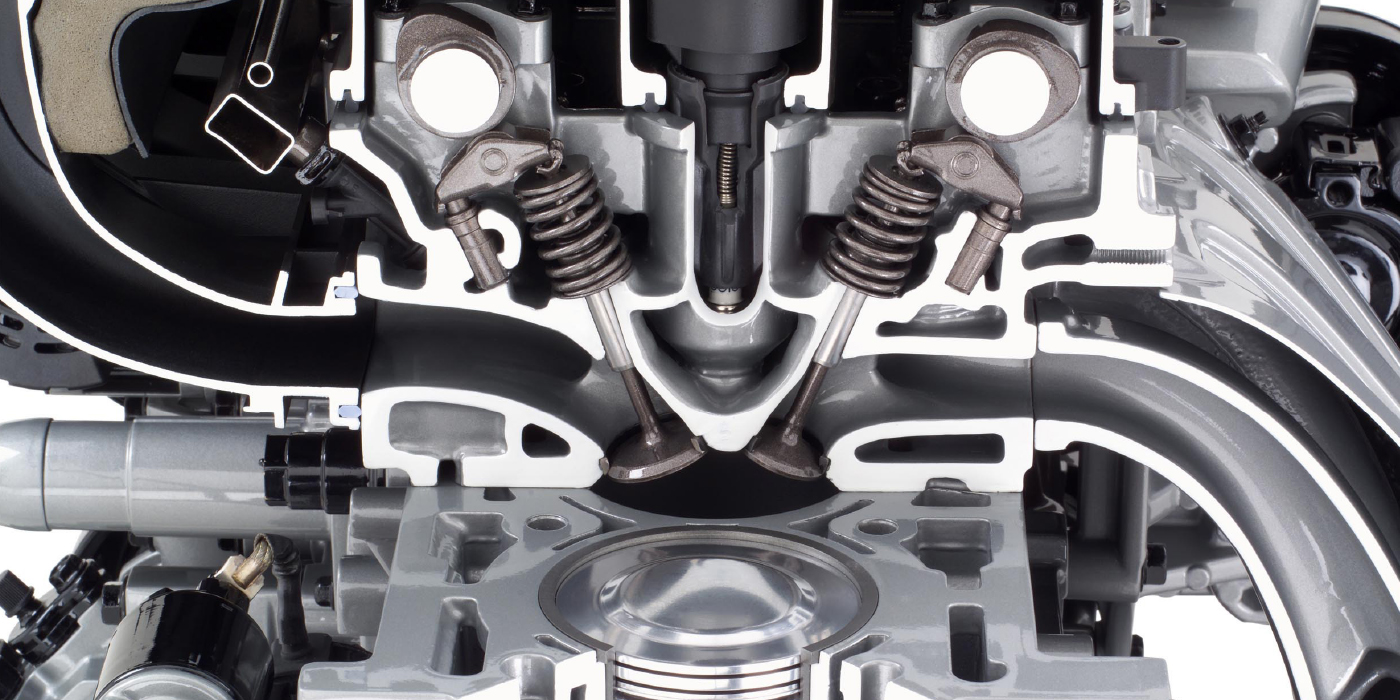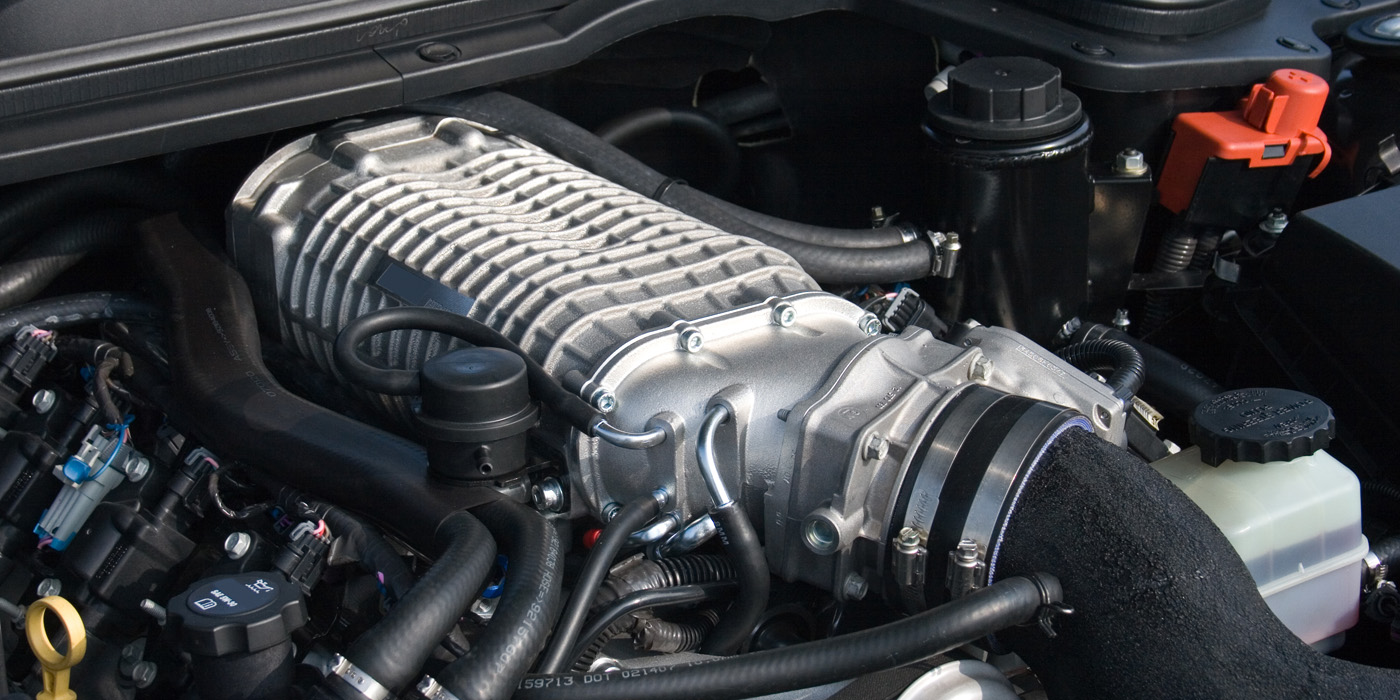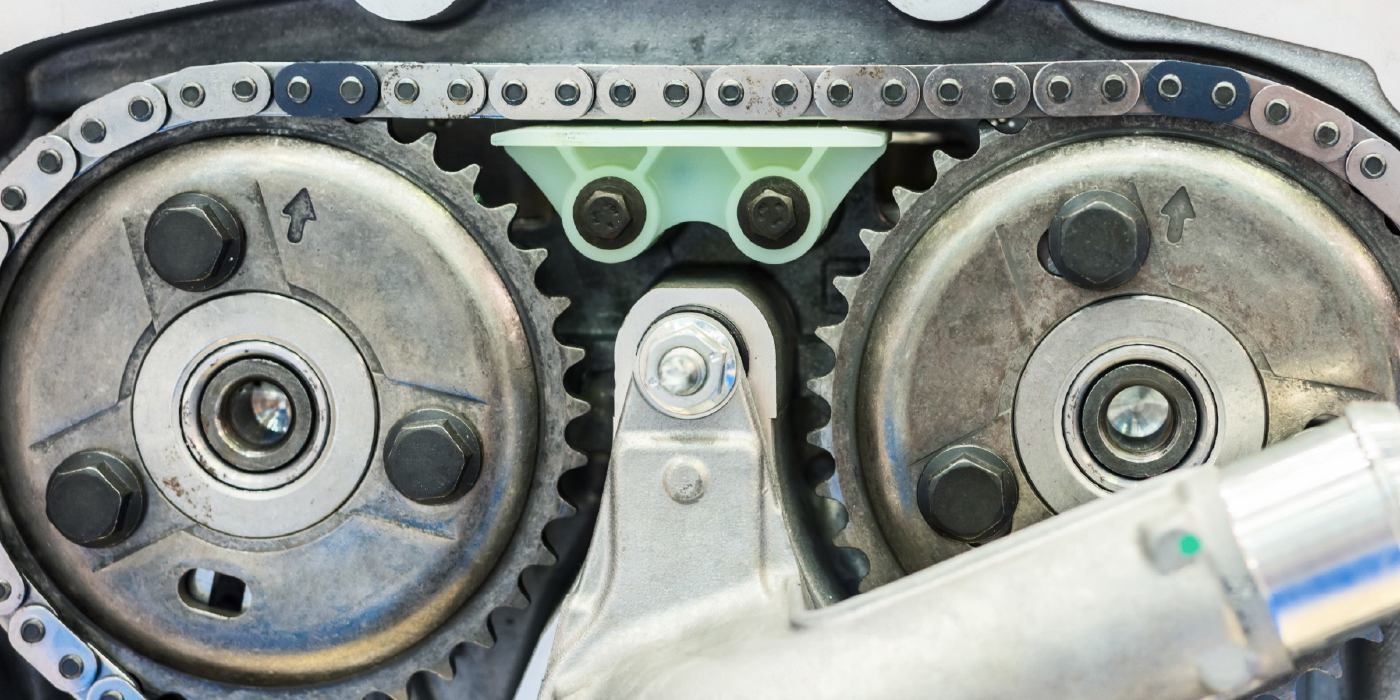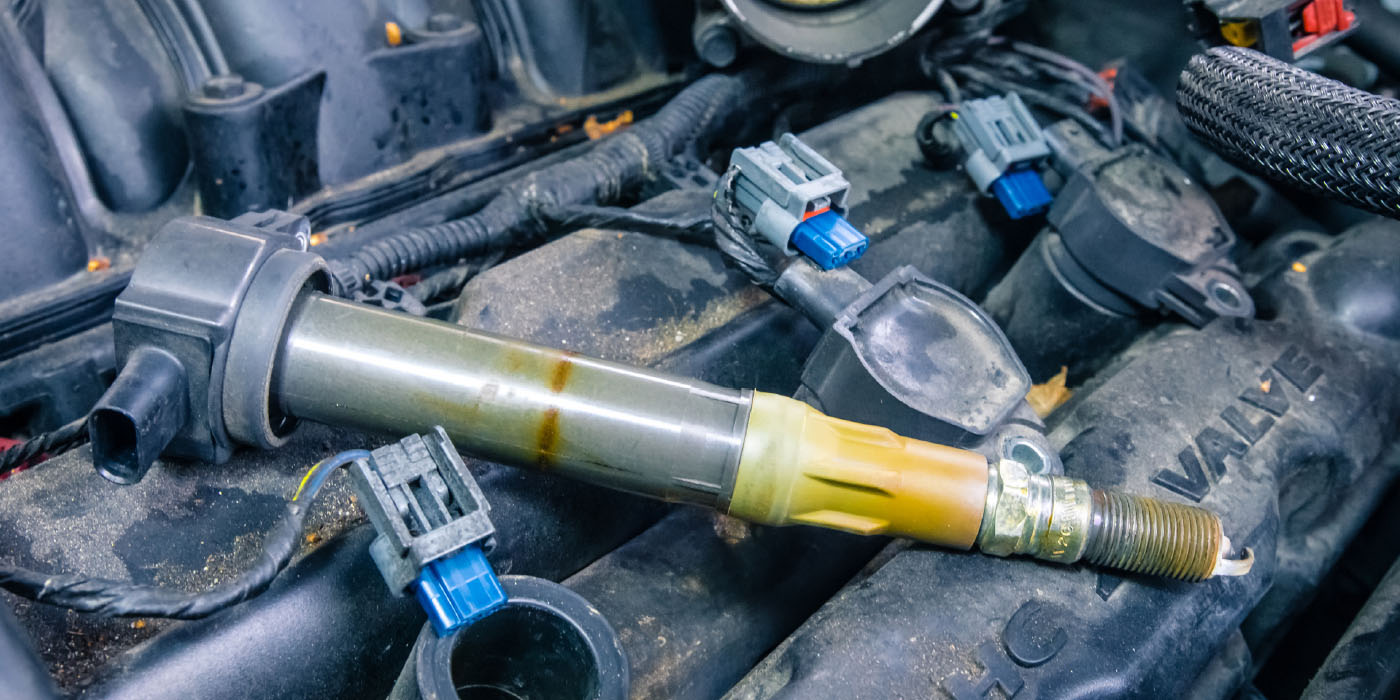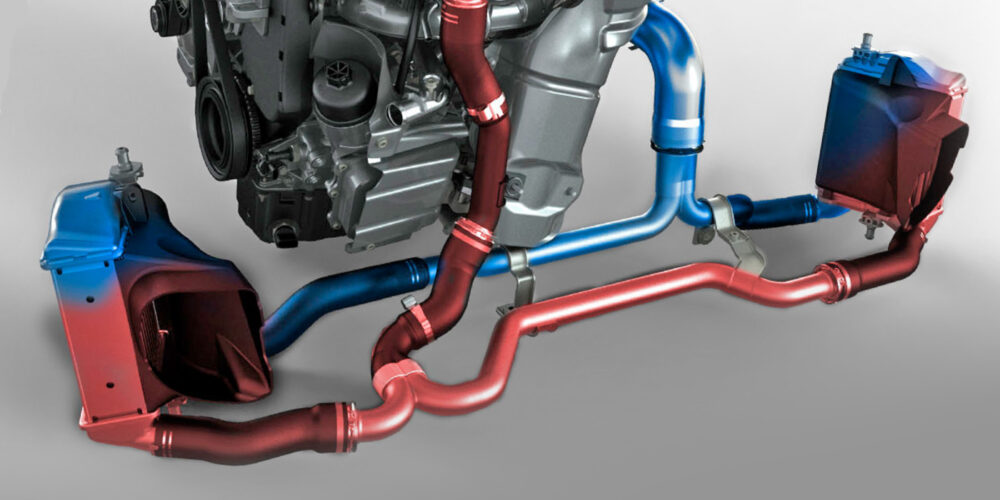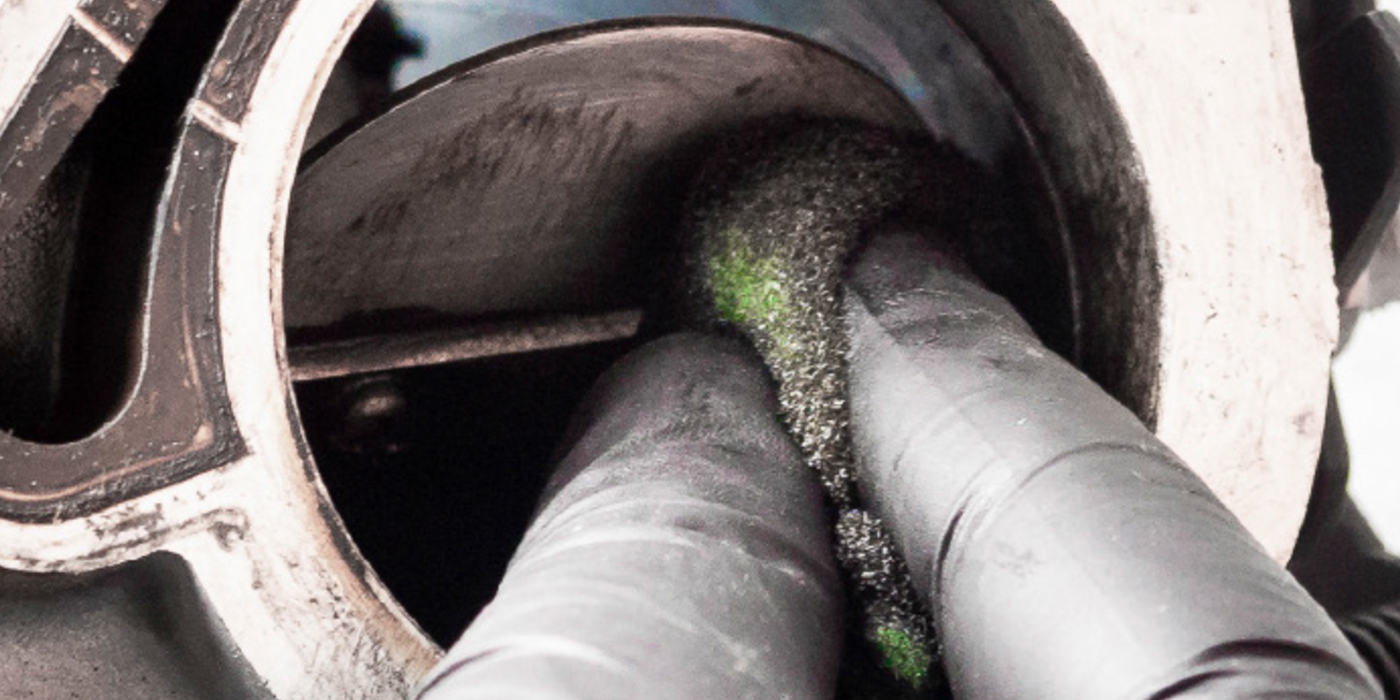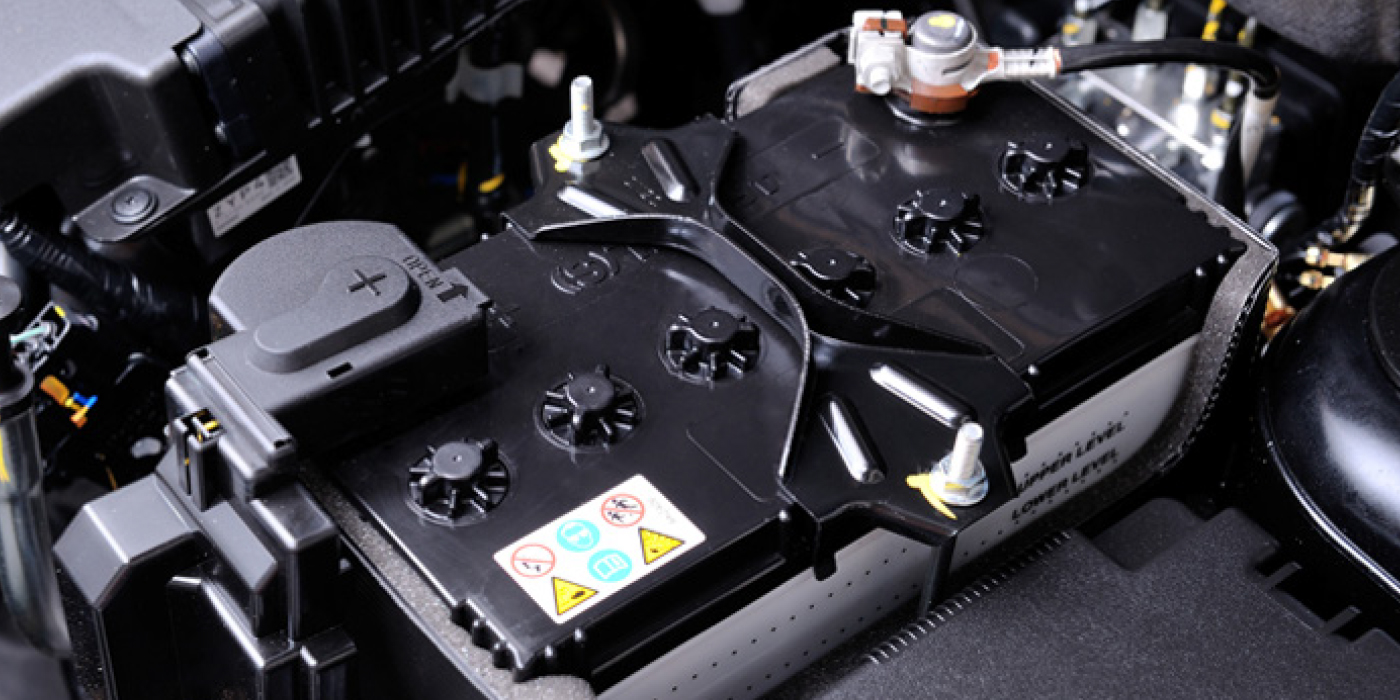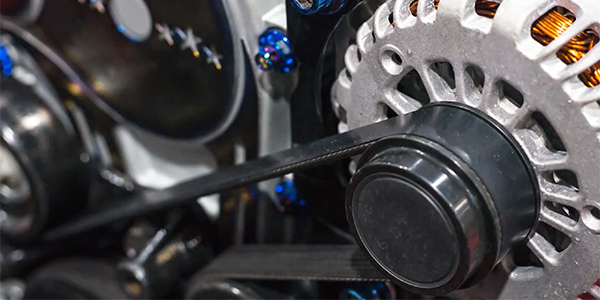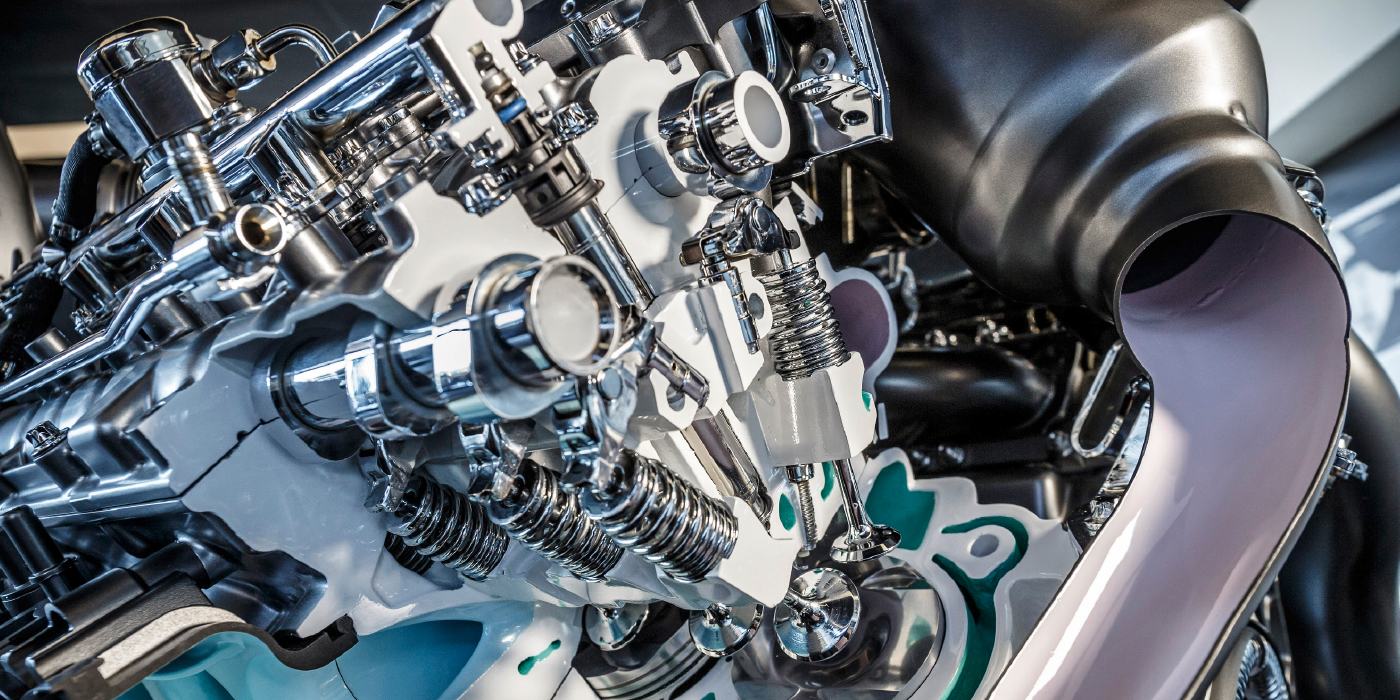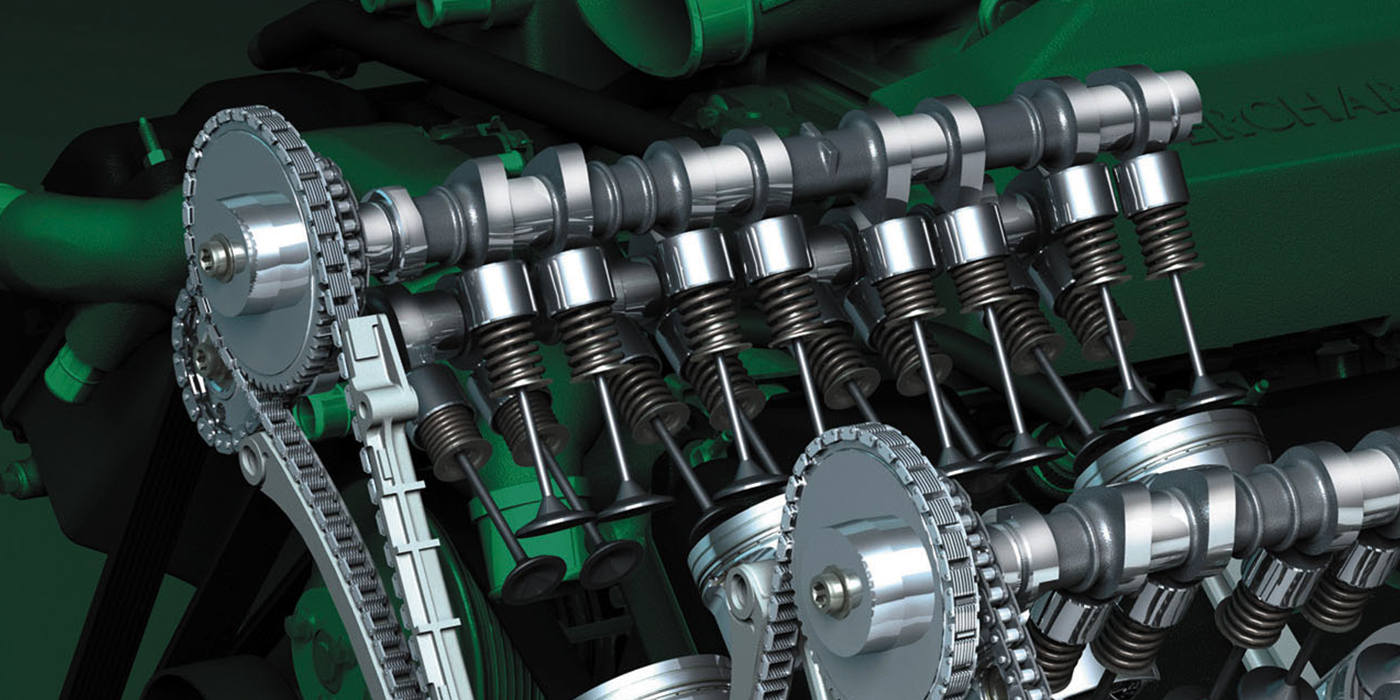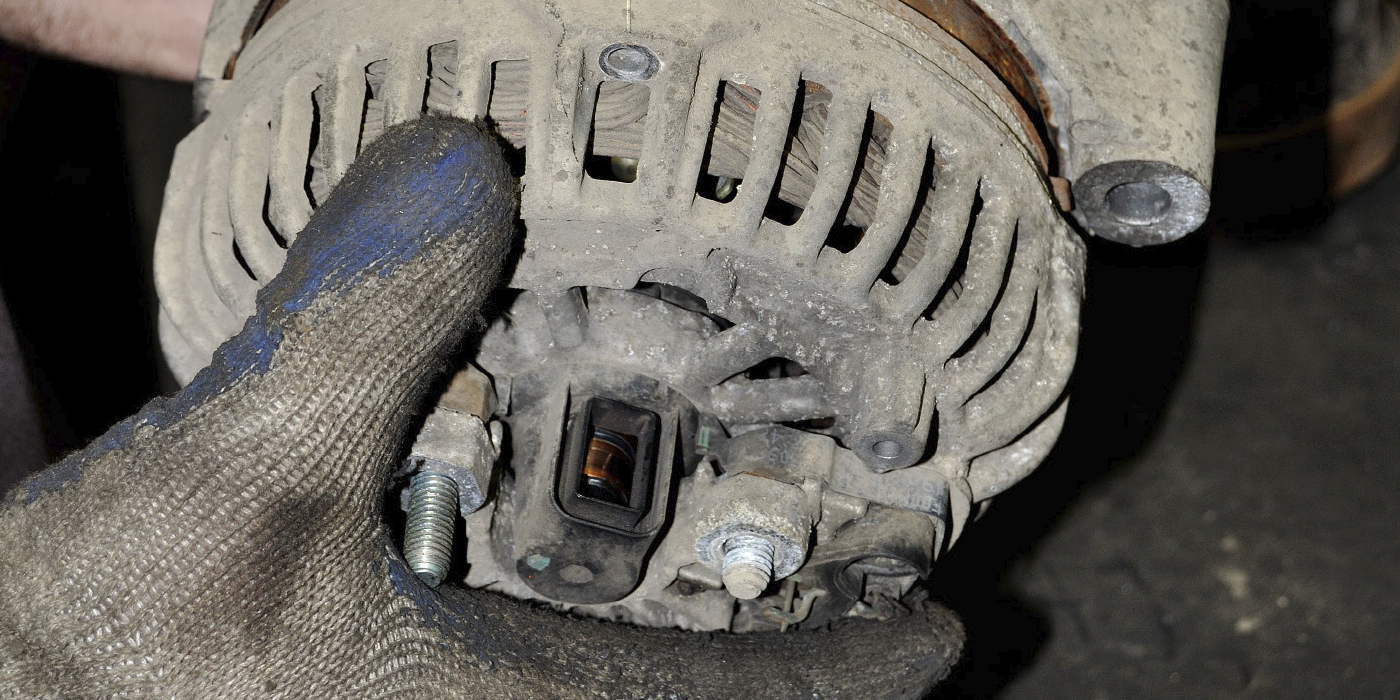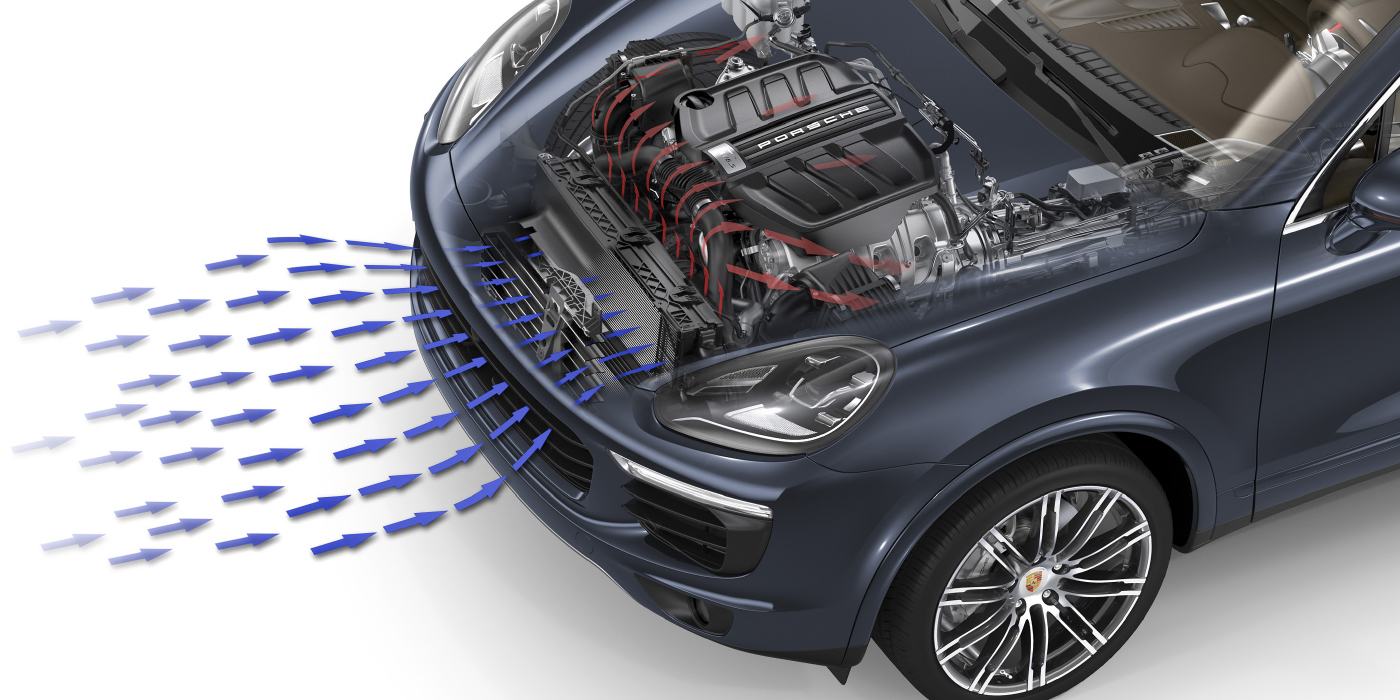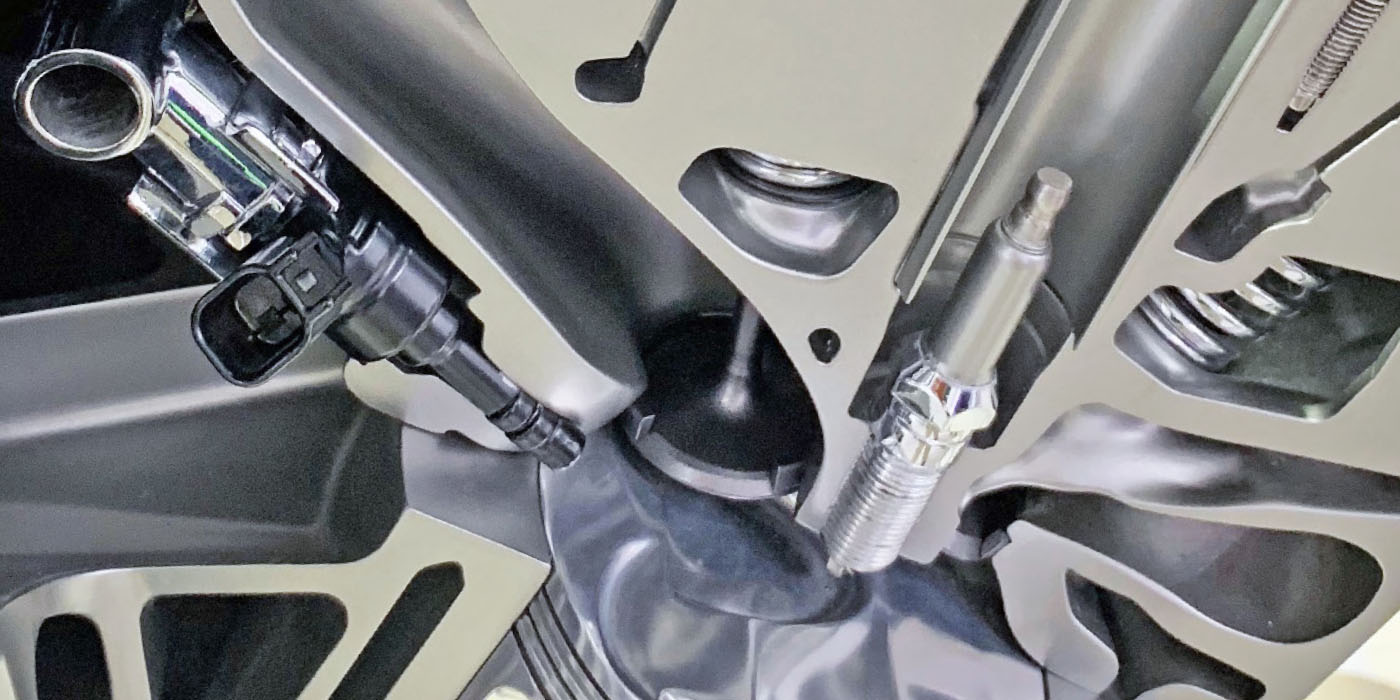Without question the single most important criteria for choosing lubricating automotive engine oil is its viscosity. Understand that the thicker an oil, the higher its viscosity. Multi-grade oils work by adding a polymer to a light-base oil. As the oil heats up, the polymers unwind into long chemical chains, which prevent the oil from thinning too much as it warms up.
 As you already know, motor oil has a number of big jobs to perform, not the least of which is lubricating internal engine parts. Oil must also help cool the engine by transferring heat and by sealing the piston rings and cylinder bore interface. It must also absorb contaminants, and suspend wear particles and soot that forms as a result of combustion.
As you already know, motor oil has a number of big jobs to perform, not the least of which is lubricating internal engine parts. Oil must also help cool the engine by transferring heat and by sealing the piston rings and cylinder bore interface. It must also absorb contaminants, and suspend wear particles and soot that forms as a result of combustion.
Looking deeper, part of oil’s job is to stop the metal surfaces in the engine from grinding together and tearing themselves apart from friction while transferring heat away from the combustion cycle. It must also be able to hold unwanted byproducts of combustion, such as silica oxide and acids in suspension – at least until they can be safely removed by the filter.
Oil must clean the engine from chemicals and other build-ups, keep the moving parts coated, plus minimize the exposure to rust-causing oxygen while holding down higher engine temperatures.
Here’s another important consideration for your shop. How long should oil be kept on the shelf? In general, liquid lubricants (oils and greases) will remain intact for a number of years; as long as four or five. However, as years pass, unused engine oils can become obsolete and fail to meet the technical requirements of more current engines. In other words, stay up to date on newly introduced engines and the type of engine oil technology they require.
In the meantime, more and more oil companies are coming out with many “high mileage” oils. Some are recommended for engines with as many as 75,000 miles on the odometer. Generally speaking, these high mileage oils have special additives in them, so they are more suited to older engines. The first is normally a burn-off inhibitor that helps prevent the oil from burning off as it gets past an engine seal and into the combustion chamber.
Another is a “seal conditioner,” designed to soak into seals such as head rocker-cover gaskets and force them to expand. If one of the seals is a bit leaky, the seal conditioner will attempt to minimize the leak.

